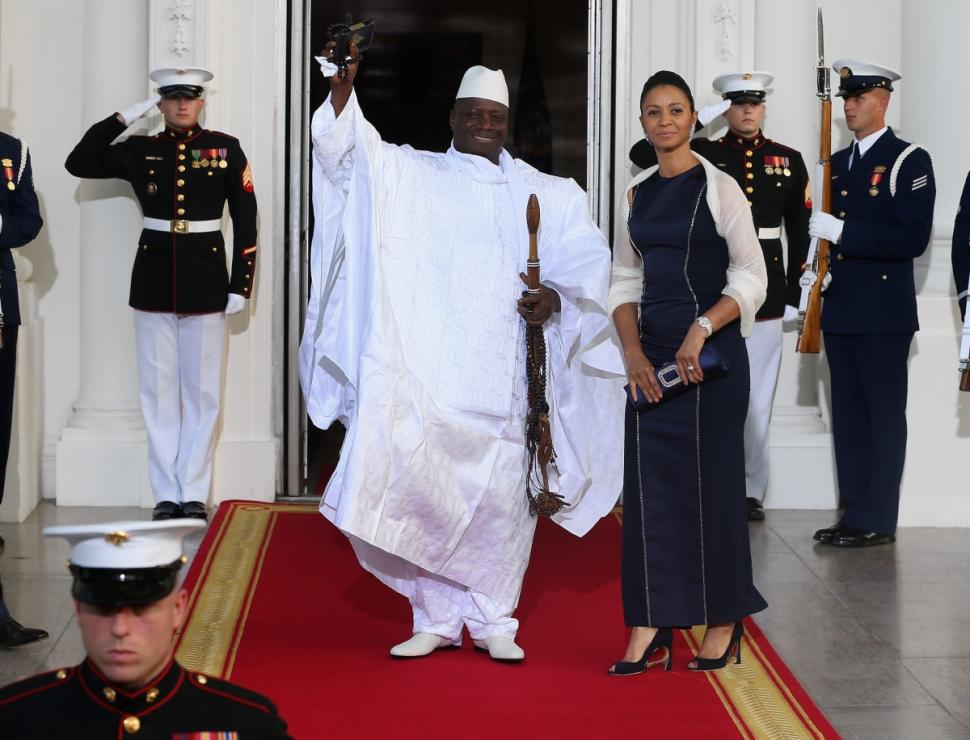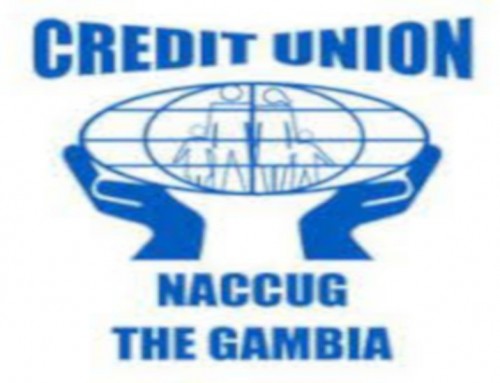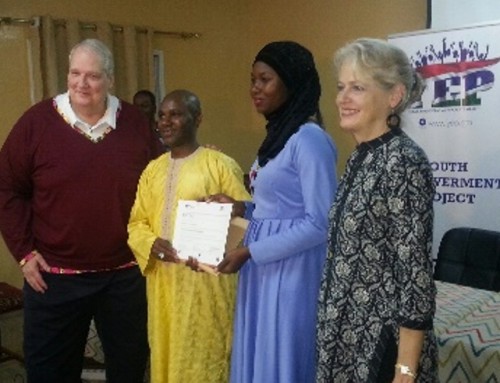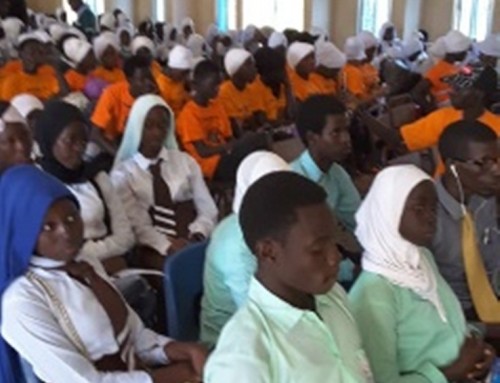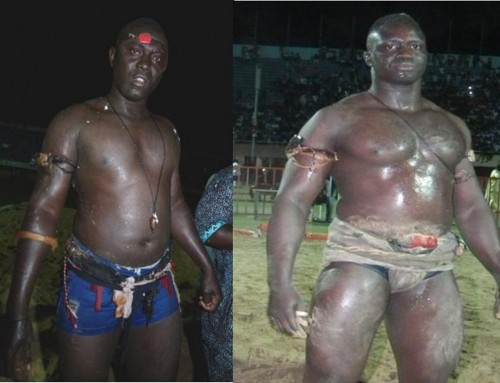DAKAR (Thomson Reuters Foundation) – Gambia has postponed at the last minute a week-long visit by two U.N. experts on torture and extrajudicial killings, a move they said was ‘extremely worrying’ and cast doubt on the country’s commitment to a better human rights record.
The European Union, which has given Gambia 75 million euros of aid in the past six years, suspended a new seven-year aid programme worth 150 million euros in February because of the west African country’s poor rights record and is due to review that decision after bilateral talks in November.
Jammeh has drawn international condemnation by subjecting political opponents to torture, forcing them to confess to sedition on television and executing prisoners in 2012. At the U.N. General Assembly in September, he stirred outrage by attacking gay rights as a threat to humanity.
“We find it extremely worrying that a major undertaking dealing with issues such as unlawful killings and torture can be cancelled without explanation, just as it is about to start,” the U.N. rapporteurs said in a statement issued by the UN Human Rights Agency (OHCHR) in Geneva.
“The Government’s decision to postpone our visit casts doubt on The Gambia’s willingness to engage with the United Nations’ special procedures and to respond to the legitimate expectations of the human rights constituency in Gambian civil society,” they said.
The OHCHR said Gambia had proposed delaying the rapporteurs’ visit until early 2015, but had given no explanation for the delay.
It would have been the rapporteurs’ first visit to Gambia since Jammeh seized power 20 years ago, and was regarded as a litmus test of his commitment to improving observance of human rights for Gambia’s 1.8 million people.
A spokesman for Jammeh was not immediately available. The president has won four elections since seizing power in a coup 20 years ago, though international observers have criticised the conduct of the elections.
The future of aid to Gambia has divided the 28-member bloc. Northern member states blocked the new aid programme in February, after telling Jammeh that further funding depended on tangible human rights improvements.
Southern EU states like Italy and Spain, the most popular destinations for migrants from northern and western Africa, argued that stripping Gambia of development aid would only encourage more of its citizens to enter the bloc illegally as economic migrants.
The European Union remains “seriously concerned about human rights and the governance situation in The Gambia and systematically presses The Gambia for improvements in these key areas,” a spokesman for the European Commission’s Development Commissioner said in reaction to the postponed U.N. visit.
Katy Clark, a British parliamentarian who wants a visa ban and asset freeze imposed on Gambian officials involved in rights abuse, said the postponement of the U.N. officials’ visit suggested Jammeh had something to hide, and the EU must act.
“If the European Union is serious about protecting human rights in Gambia now is the time for action, we cannot allow the Gambian Government to believe it can simply continue with business as usual while routinely abusing its human rights obligations,” Clark told Thomson Reuters Foundation by email.
“The next meeting with Gambia, foreseen in November, would be an opportunity to review the human rights situation more generally and decide on the way forward for our relations with the Gambia,” the EU Development Commissioner’s spokesman said.
(Editing by Tim Pearce; timothy.pearce@thomsonreuters.com)
